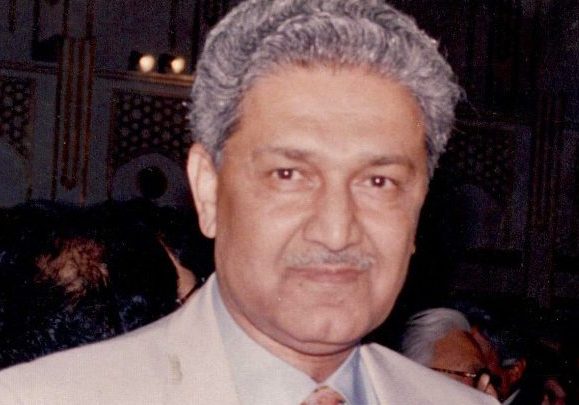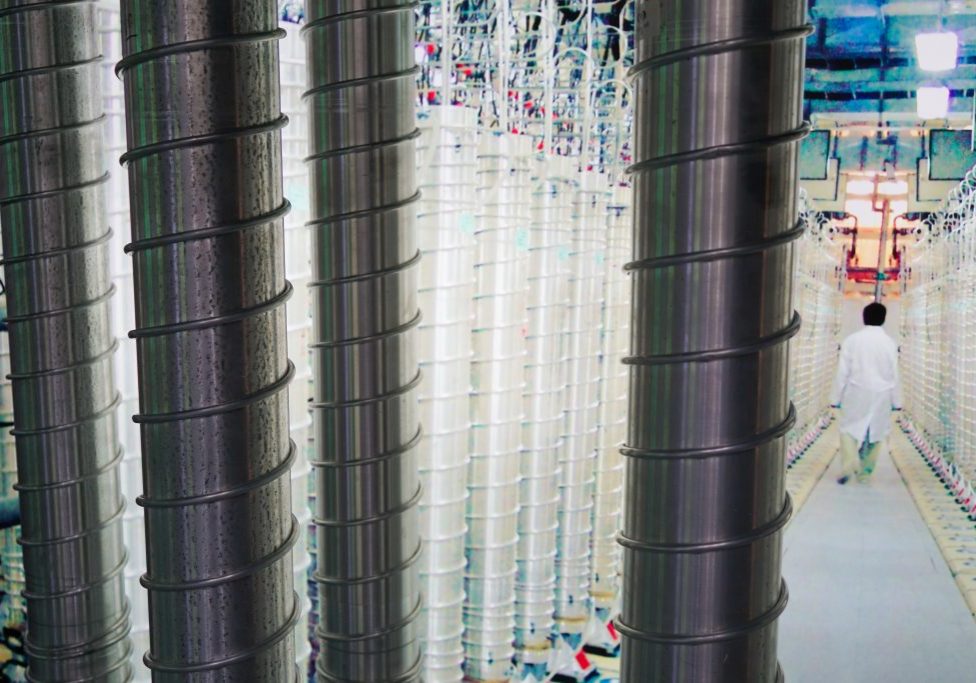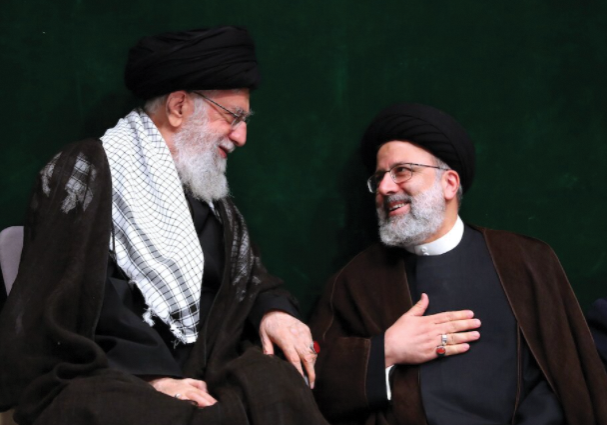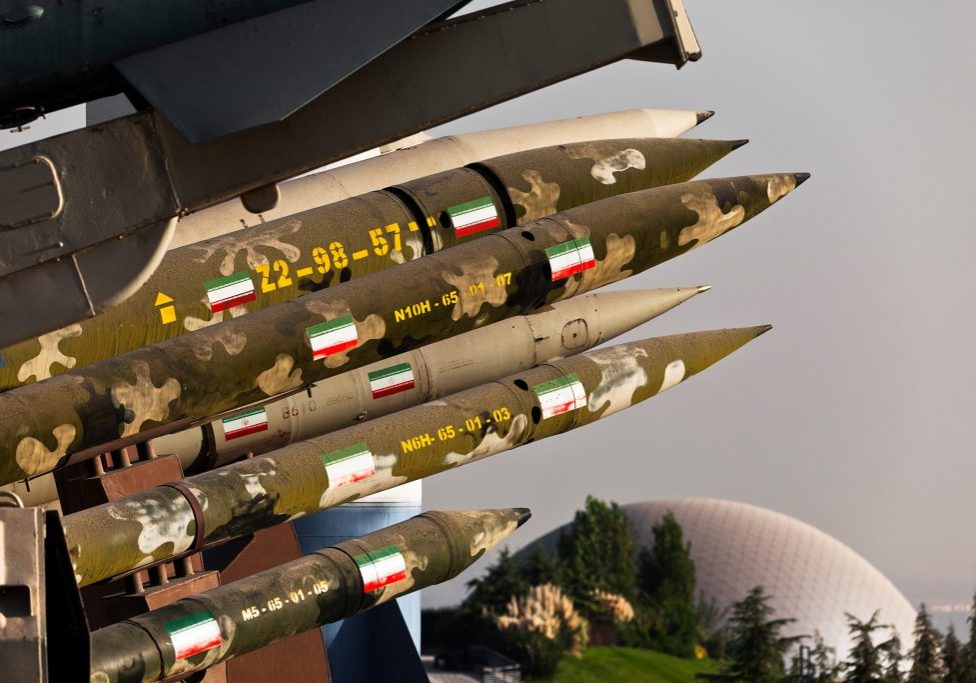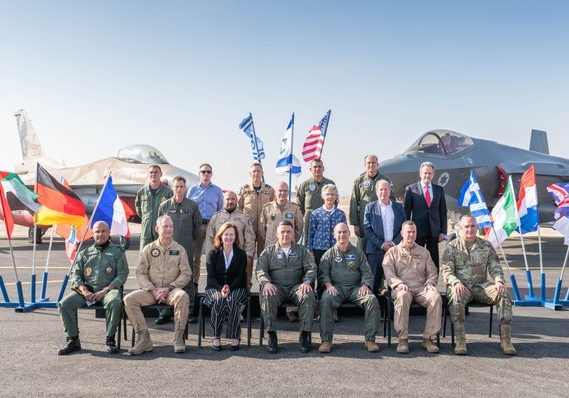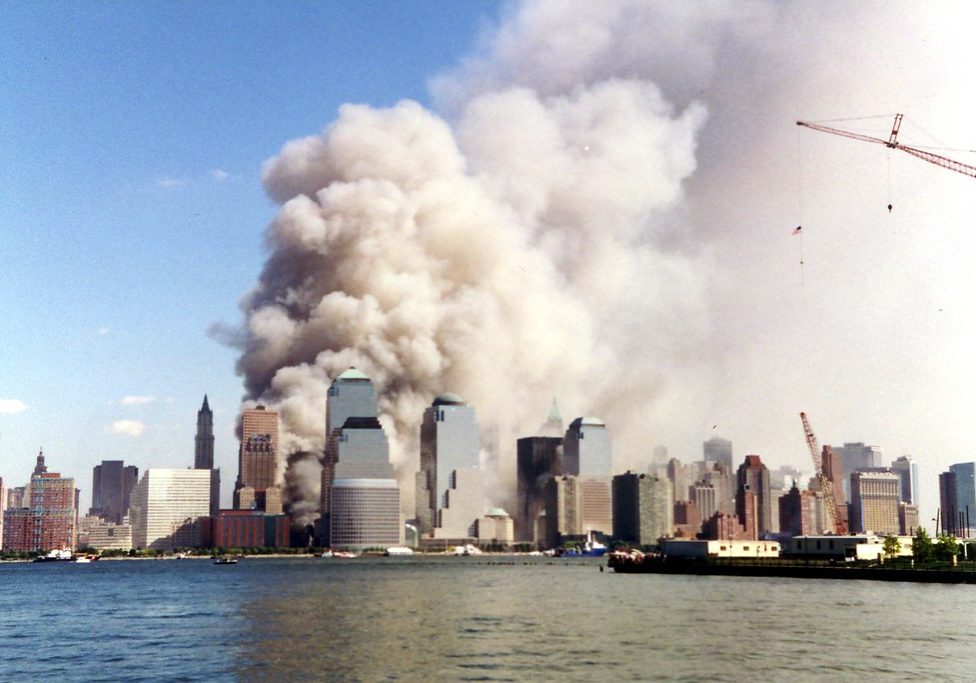Australia/Israel Review
Editorial: Nuclear Elephant in the Room
Apr 27, 2010 | Colin Rubenstein
Colin Rubenstein
US President Barack Obama, opening the recent Nuclear Security Summit said, “The single biggest threat to US security, both short-term, medium-term and long-term, would be the possibility of a terrorist organisation obtaining a nuclear weapon.”
He has a point. The threat of al-Qaeda or a similar group obtaining a nuclear device, putting it on a boat, or a small plane, or a truck, and detonating it in Washington or New York is indeed real. Even if a nuclear device were to be exploded in a major city outside the US – London or Mumbai, Tel Aviv or Bangkok – the repercussions for both the global economy and political system would be overwhelming, as the President also noted.
The mid-April Nuclear Security Summit was about reducing the danger of ‘loose nukes,’ or nuclear material finding their way into the hands of terrorists. President Obama received modest but positive commitments on this score from Ukraine, Chile, Canada and others, and overall, his efforts on this front must be applauded.
Of course, these efforts leave a great deal more to do – given there’s little hope that North Korea and Belarus (which did not even attend the summit), as well as India and Pakistan (which did), will agree to serious, internationally-monitored safeguards over their nuclear material and bombs.
But even if these difficulties can be overcome, it will all matter very little if Iran obtains nuclear weapons.
Why? Iran is seen by almost every country in the Middle East as a direct threat. It already makes territorial claims on six of its neighbours and proudly announces its future destiny to dominate the region. It continues to sponsor terrorist groups (which attack Arab, not just Israeli, targets) as well as the Taliban, Iraqi insurgents and, according to US regional commander General David Petraeus, elements of al-Qaeda.
Further, Iran’s nuclear program is controlled by the Revolutionary Guards, the most elite and most Islamist of Iran’s soldiers. Some of them hold millennial visions of the Shi’ite messiah, the Twelfth Imam, returning to earth in the midst of a global conflagration (Iranian President Mahmoud Ahmadinejad publicly subscribes to this view). What better occasion than a nuclear war?
Further, if Iran goes nuclear, Saudi Arabia, Turkey and Egypt will also likely go nuclear. Egypt has already publicly mused about pulling out of the Nuclear Non-Proliferation Treaty and beginning a “peaceful” nuclear energy program. Other regional candidates for joining a nuclear arms race include Syria, Algeria, Iraq and Libya, all of which have pursued nuclear programs in the past.
Thus, if President Obama is worried about terrorist groups obtaining nuclear devices, then a Middle East nuclear arms race should be keeping him up at night. Egypt, Saudi Arabia and Iran are seething with popular disenchantment. A popular revolution in these countries – and we’re already seeing the beginnings of one in Iran – would create chaos, thereby creating a likelihood that nukes would go loose, either through corruption or through capture by extremist groups.
Moreover, it wouldn’t necessarily take the chaos of an uprising to see nuclear material go missing. A well placed bribe – and al-Qaeda has ample money to spend – would do the trick nicely. So would an infiltrator or sympathetic recruit with the proper access.
Currently, there are few nuclear powers in the world, and it’s hard enough ensuring their nuclear weapons are secure; hence Obama’s summit. If a half-dozen Middle Eastern countries (many of whose citizens regard al-Qaeda positively) are added to the mix, the complications will increase exponentially. After all, this is the region of the world that is the most politically unstable and violent, the least democratic, one of the most susceptible to routine corruption, and the one from which the majority of internationally-oriented terrorist groups draw their ideological inspiration and most recruits.
Moreover, a successful nuclear program in Iran will deliver a tremendous shot in the arm for Islamist groups the world over. A nuclear Iran will be seen as the flag bearer of Islamism standing up to the West and succeeding. Membership and sympathy for violent Islamist groups will increase, as will their motivation to further take their fight to the West. Cue more bombs and terrorism throughout the Middle East, as well as in America, Russia, India, London and so on, with more chaos again increasing the likelihood of nuclear terrorism.
Globally, Iran going nuclear will signal the destruction of the Nuclear Non-Proliferation regime, already shaky after North Korea’s defection. What will be the point, smaller countries will ask, of remaining on the sidelines of the nuclear game if there are no penalties for signing the NPT, using it as cover to go nuclear, and then gaining all the benefits in prestige and invulnerability that nuclear status can provide?
Yet Obama’s Nuclear Security Summit largely ignored the Iranian nuclear elephant in the room. His sanctions efforts against Iran are likewise taking much too long, as the Iranians continually announce the achievement of new nuclear milestones while deadline after deadline is postponed. Nor is it clear that the sanctions being discussed at the UN Security Council are going to be of the “crippling” variety until recently advocated by US Secretary of State Hillary Clinton. Yet hopes that anything less will change Iran’s current course seem fanciful.
As US Secretary of Defence Robert Gates reportedly warned in a secret government memo, the US government appears to lack an effective long-term strategy for dealing with Iran’s steady creep toward nuclear weapons.
It is to be hoped that President Obama realises that if he becomes the president on whose watch Iran goes nuclear, that’s primarily what he’ll be remembered for, and perhaps little else. And despite his other genuine achievements on nuclear security, he will have left the international situation vastly worse off in terms of both nuclear terrorism and proliferation.
Tags: International Security

